Why Ampermo Is the Right Project Partner
Farmer and landowner Ingrid Heidemann shares first-hand insights into her experience working with Ampermo.

Farmer and landowner Ingrid Heidemann shares first-hand insights into her experience working with Ampermo.
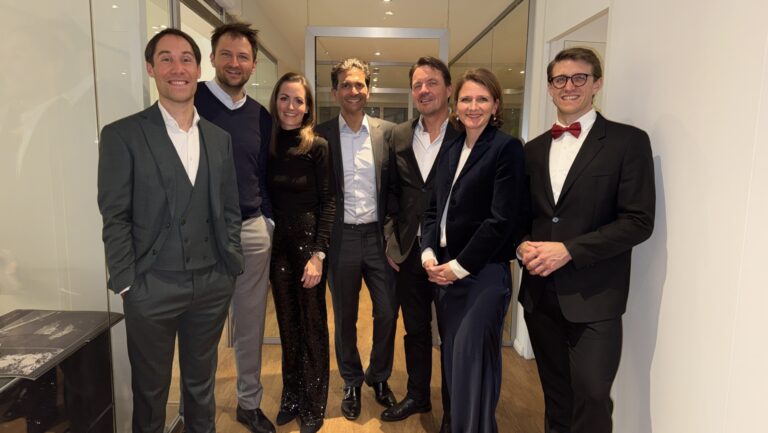
2025 was a year of value-driven growth for Ampermo, with a project pipeline exceeding 1 GW.

We are very pleased to announce that Maximilian Heilgemair has joined the management team of Ampermo as of today. In this role, he will lead Ampermo’s Utility Scale division.

We are very pleased to announce that Dr.-Ing. Johannes Hiry has joined our team as Director of Business Development since the beginning of October.
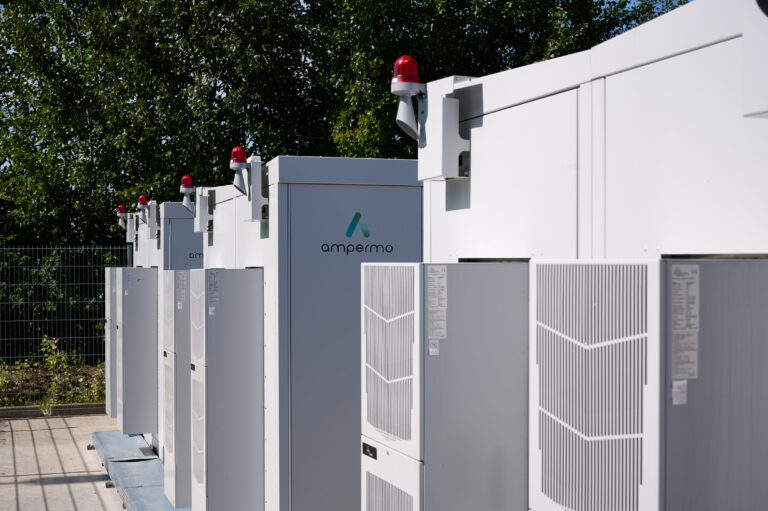
Industrial companies with high energy demand face the challenge of rising electricity costs. A battery storage system can significantly reduce these costs — without the need for any capital investment.
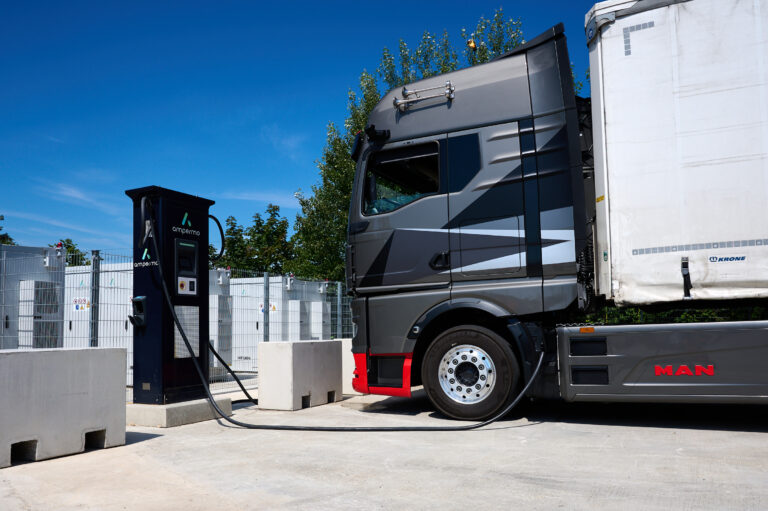
The logistics sector is undergoing significant change in the wake of the shift toward electromobility. While location used to be the key factor in determining the attractiveness of a logistics property, today a different aspect is taking center stage: energy availability.

Our CEO Mahinde Abeynaike was featured on the ZDF Magazine WISO as an expert on the energy transition.
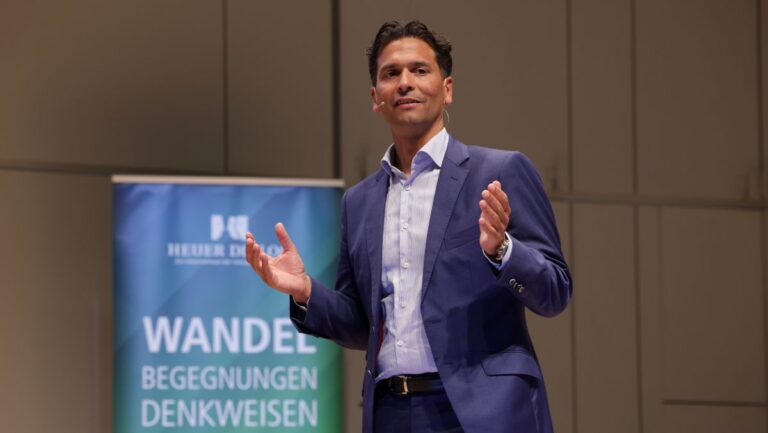
On July 15, Ampermo CEO Mahinde Abeynaike joined the Immobilien-Dialog Region Stuttgart to discuss one of today’s most pressing and relevant topics.

Ampermo has been named one of the TOP 100 most innovative SMEs in Germany!
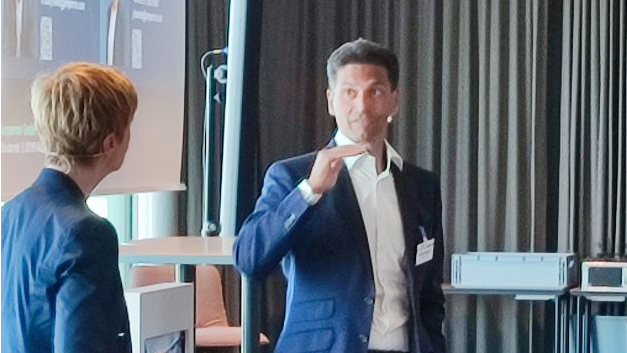
On June 24, our CEO Mahinde Abeynaike spoke at the Jahreskongress Logistikimmobilien in Frankfurt.